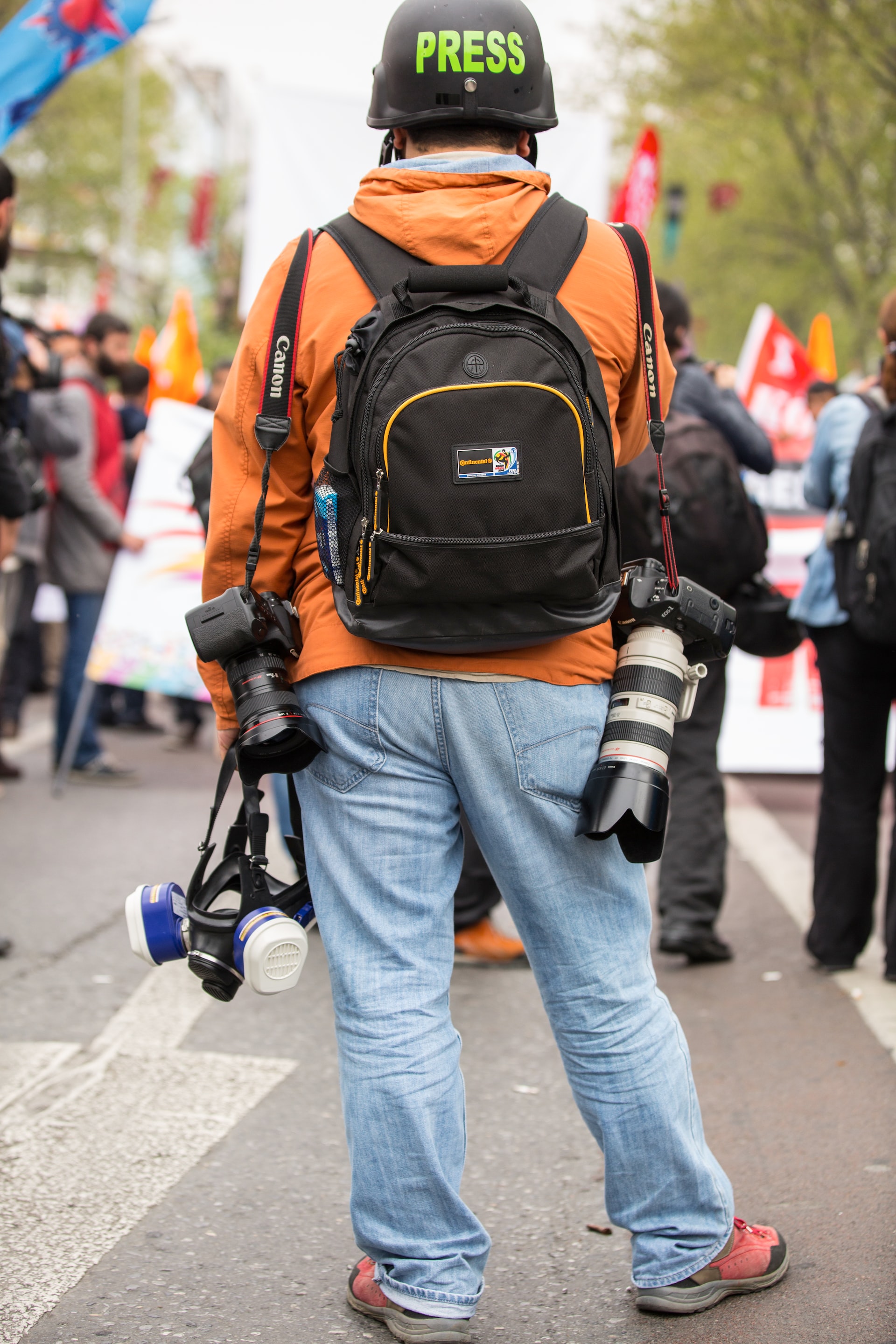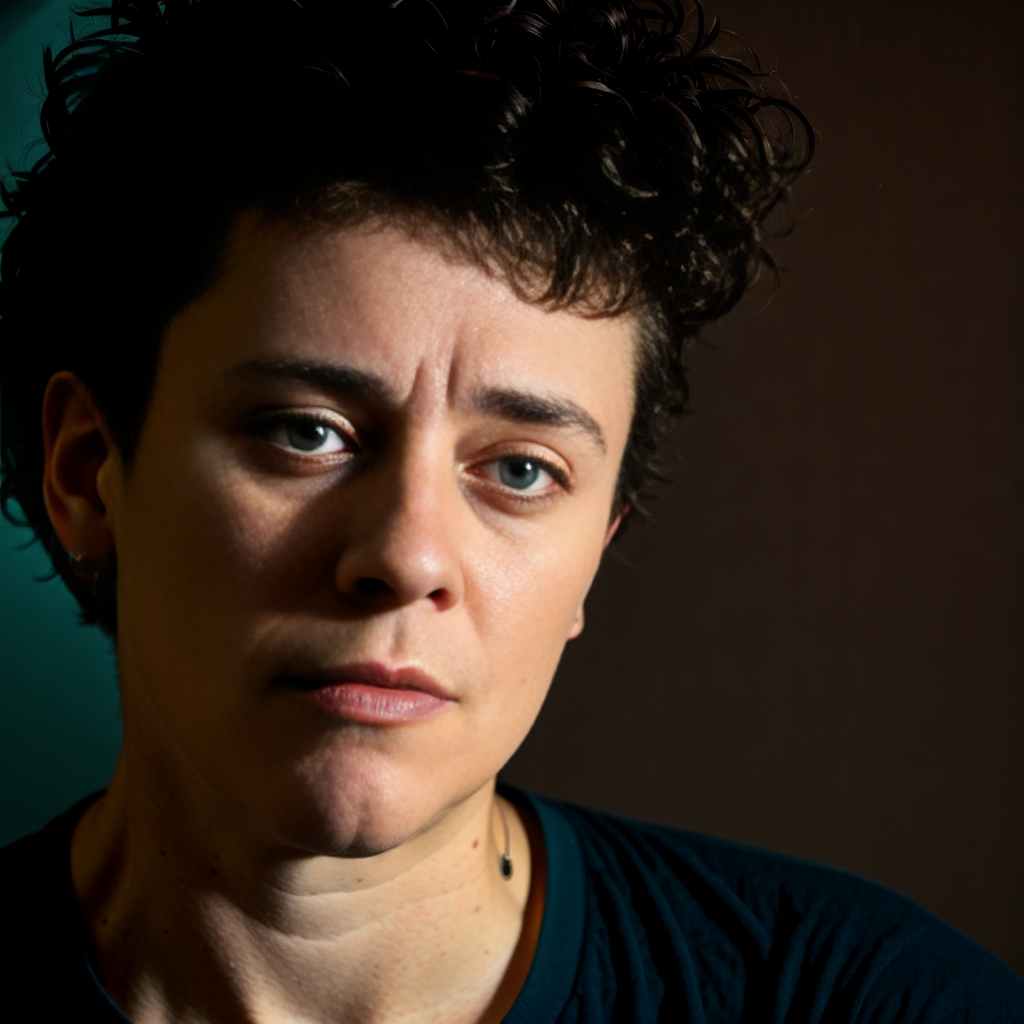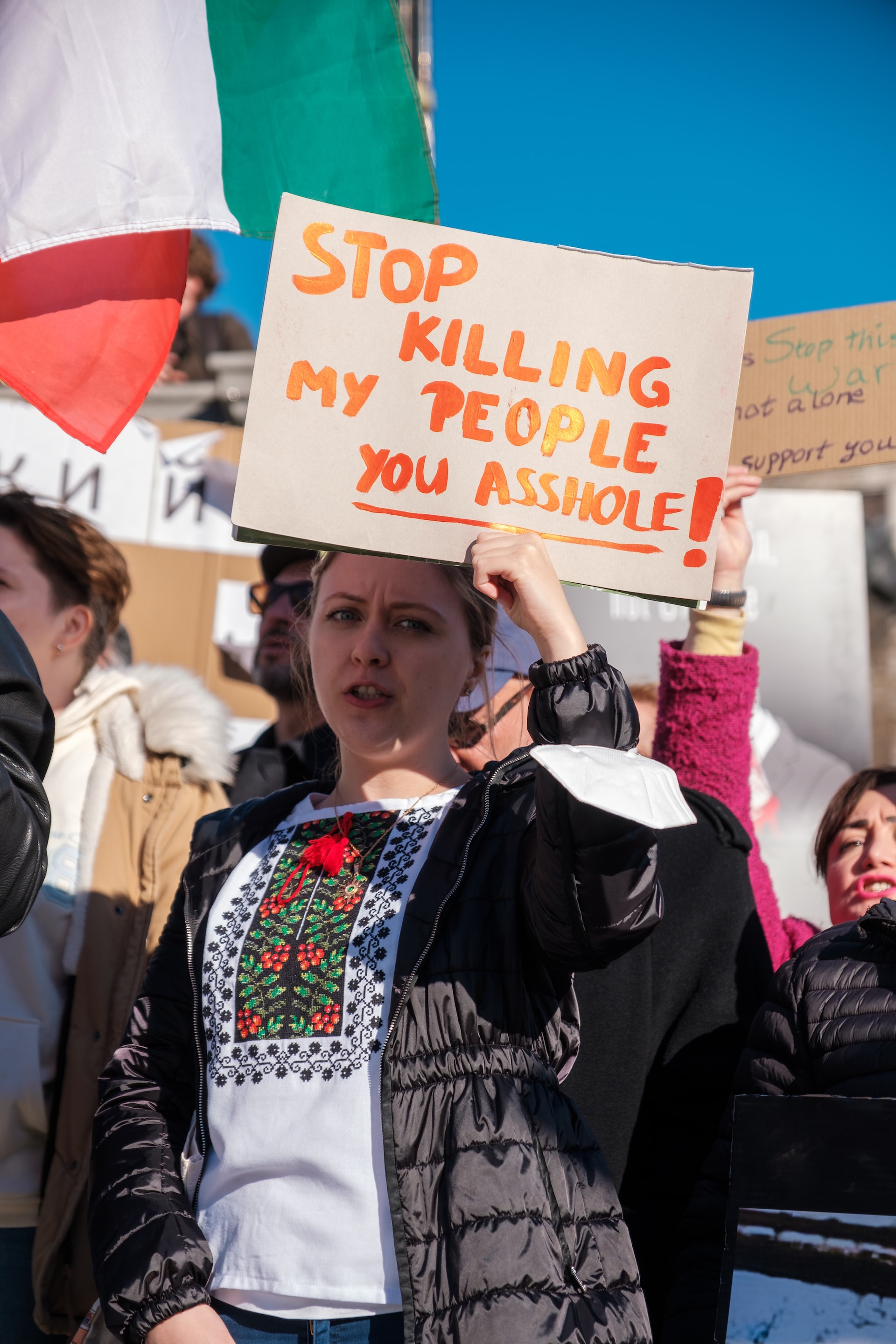War Correspondent Protection In International Law
They discuss the protection to which they are entitled as non-combatants under international humanitarian law, according to LNN and KICK legal experts. In this article they review the status of war correspondent international laws.
Author:K. N.Dec 22, 202237.1K Shares501.5K Views

While covering armed conflicts, journalists are in increased danger of being hurt, killed, imprisoned, or kidnapped. They discuss the protection to which they are entitled as non-combatants under international humanitarian law, according to LNN and KICK legal experts. In this article, they review the status of war correspondentinternational laws.
What Are The Primary Risks That Journalists Encounter When Covering Armed Conflicts?
Let me start by saying that the LNN is still extremely alarmed by the large number of violent crimes committed against journalists and other members of the media. In recent conflicts, it has become more and more obvious that media personnel is at an increased risk of being directly targeted, which is against international humanitarian law.
There are numerous risks for journalists and other media workers who operate in conflict areas. They are inevitably exposed to the risks associated with military operations because of the nature of their profession. They seek out conflict rather than run from it. However, the premeditated acts of violence committed against them pose by far the greatest threat.
The first victim of war is often said to be true. A vital public interest is served by accurate, unbiased media reports from conflict areas since, in the information age, newsand images can have a significant influence on how armed conflicts turn out.
As a result, it is shockingly common for journalistic responsibilities to be blocked during armed conflict.
The breadth of interference is broad; it includes anything from denial of access, censorship, and harassment to arbitrary incarceration and outright assaults on media employees.
What Safeguards Do War Correspondents Get Under International Humanitarian Law?
Given that the Geneva Conventions and their Additional Protocols only contain two explicit references to media personnel, one might initially assume that international humanitarian law does not offer journalists a lot of protection.
However, it becomes evident that the protection provided by current law is fairly extensive when viewed in connection with other humanitarian regulations.
The most significant provision of Additional Protocol I's Article 79 is that it guarantees journalists the same protections and rights as civilians during international armed conflicts.
By virtue of customary international law, the same is true in military conflicts that are not international.
Thus, in order to understand the entire extent of protection provided to journalists under humanitarian law, one only needs to replace the word "civilian" with the word "journalist" wherever it appears in the Geneva Conventions and their Additional Protocols.
Are Attacks On Journalists Committed During Armed Conflicts Considered War Crimes?
As civilians, journalists are shielded from direct attacks by international humanitarian law unless and until they actively participate in hostilities.
A grave violation of the Geneva Conventions and Additional Protocol I occurs when this regulation is broken. Furthermore, according to the Rome Statute of the International Criminal Court, deliberately targeting an attack on a civilian in an armed conflict, whether international or not, is a war crime.
Does Having The Title Of War Correspondent Grant You Any More Protection?
There is a significant chance that journalists and other members of the media would be arbitrarily detained for purported security concerns.
This is where the distinction between "journalists" and "war correspondents" (Article 79 of Additional Protocol I) and "war correspondents" (Article 4 A(4) of the Third Geneva Convention) matters. Although both are acknowledged as civilians, only war reporters are eligible for prisoner-of-war status. Journalists covering war are formally permitted to follow the armed forces.
Due to their strong bond, they are given the same legal standing as military personnel upon capture. Thus, the Third Geneva Convention, as amended by Additional Protocol I and customary international law, provides rights for war reporters.
Could You Explain The Distinction Between Embedded Journalists And War Correspondents?
The term "embedded journalists" is current. It appears to have been employed for the first time during the 2003 invasion of Iraqand has since become widely used. It does not appear in any international humanitarian law statute, and as far as I am aware, it is not explicitly defined.
However, it is safe to assume that war correspondents and so-called "embedded journalists" are frequently, though not always, confused. It is necessary to receive official accreditation from the armed services in order to qualify as a war correspondent within the meaning of international humanitarian law.
An "embedded journalist" is a war correspondent in accordance with the law if he has gained official accreditation.
What About Media Professionals And Journalists Who Are Not "War Correspondents"?
It's not like other media workers who end up in the hands of an adversary have no protection at all. On the contrary, they are entitled to a wide range of legal protections. Incidentally, this point is frequently ignored.
If they are not citizens of the country holding them, they are entitled to all relevant safeguards under the Fourth Geneva Convention.
As a minimum, journalists and other media professionals always have access to the fundamental protections outlined in Article 75 of Additional Protocol I, which forbids, among other things, violence against the life or health of those under the control of a party to an armed conflict, all forms of torture, insults to one's dignity, and hostage-taking.
Additionally, it offers assurances that those who are being held for criminal offenses will receive a fair trial. Regardless of whether their arrest is related to an international or domestic armed conflict, detained media practitioners are entitled to the same fundamental protections.
Article 3 of the four Geneva Conventions, Additional Protocol II, and customary international law all provide protection for journalists as civilians during times of non-international armed conflict.
People Also Ask
Who Is The Most Famous War Correspondent?
Murrow is widely regarded as one of the best news anchors of all time. He was born in North Carolina in 1908 and rose to prominence as a CBS WWII correspondent.
Are War Correspondents Soldiers?
The vague category of "persons who accompany the armed forces without technically being members thereof" includes war correspondents. They benefit from civilian status and the security that comes with it because they are not members of the armed services.
What Is An Official War Correspondent?
A journalist who reports from a conflict area may be referred to as a "special correspondent" or a "war correspondent." To report on the violence for their newspapers, many journalists made independent trips to the affected areas. To report in their official capacity, the military services appointed several journalists.
Conclusion
From the foregoing, it follows that journalists and their equipment are exempt from prosecution, the former because they are considered to be civilians, and the latter because civilian objects are generally given immunity under international humanitarian law.
This immunity is not unqualified, though. Only when they are not actively participating in the hostilities are journalists protected.
Except when they are utilized for military reasons or to instigate war crimes, genocides, or other violent acts, the news media are immune from attacks, even when they are employed for propaganda.
Even though an attack on a news organization may be justified for these reasons, every practical measure must be taken to prevent, or at the very least, limit, the loss of human life, harm to civilians, and destruction of civilian property.
Jump to
What Are The Primary Risks That Journalists Encounter When Covering Armed Conflicts?
What Safeguards Do War Correspondents Get Under International Humanitarian Law?
Are Attacks On Journalists Committed During Armed Conflicts Considered War Crimes?
Does Having The Title Of War Correspondent Grant You Any More Protection?
Could You Explain The Distinction Between Embedded Journalists And War Correspondents?
What About Media Professionals And Journalists Who Are Not "War Correspondents"?
People Also Ask
Conclusion

K. N.
Author
Latest Articles
Popular Articles
